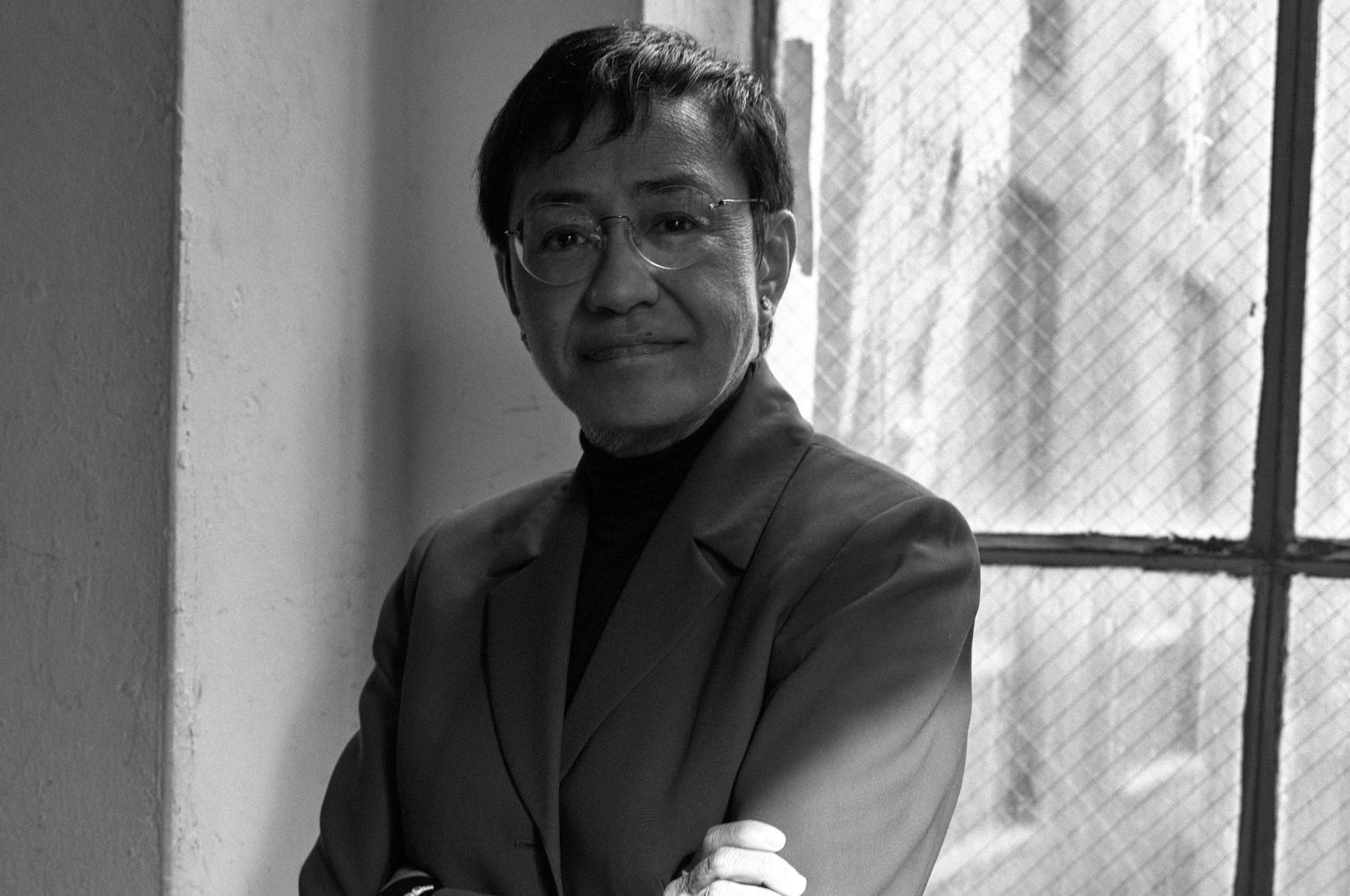Listen to the article
Maria Ressa, the Nobel Peace Prize-winning CEO of Rappler, has issued a stark warning: “Journalism could die this year.” This blunt assessment from one of the world’s most prominent defenders of press freedom highlights the existential crisis facing news media globally.
The warning carries particular weight coming from Ressa, who has dedicated her career to defending journalistic integrity while facing persistent harassment under former Philippine President Rodrigo Duterte’s administration. What she once described as “a thousand cuts” against her news organization has evolved into a broader concern about the survival of journalism itself.
Ressa’s career has been defined by confronting various forms of terrorism, a theme evident across her published works. Her first book, “Seeds of Terror” (2003), examined physical terrorism, while “From Bin Laden to Facebook” (2012) explored the intersection of physical and digital threats. Her most recent work, “How to Stand Up to a Dictator” (2022), focuses on digital-political terrorism. However, in recent conversations, Ressa has emphasized that nothing terrifies her more than what she considers terrorism perpetrated by Big Tech.
“Technology-driven disinformation obliterates not just facts but our ethics, our morality, and our shared reality,” Ressa explained during a recent Zoom conversation from New York. She believes the world desperately needs to return to basic ethical principles, frequently citing the golden rule: “Do unto others as you would have them do unto you.”
This emphasis on empathy forms the core of Ressa’s current mission. “How do we find people of empathy? You know, the strong who should help the weak?” she asks, lamenting what she describes as a “lack of morality” that has allowed “fear, hate, and anger” to flourish in the age of Big Tech and during Donald Trump’s return to the U.S. presidency.
Ressa’s concerns have reached the highest echelons of global leadership. In a recent address at the Vatican before Pope Francis, she criticized Big Tech executives who, in her words, possess “godlike powers” without “the empathy or wisdom of God.” This religious framing is deliberate, as Ressa sees the current information crisis as something akin to a biblical struggle between good and evil.
Despite describing herself as “not super-religious,” Ressa acknowledges the potential power of faith communities to combat disinformation. “When you live in this cesspool of hate, you need faith in humanity,” she explains. This pragmatic recognition of religion’s potential to restore balance reflects her understanding that traditional democratic institutions—including journalism—are under unprecedented threat.
The challenges facing journalism extend beyond targeted attacks on individual reporters and news organizations. The industry is undergoing fundamental transformations that threaten its very existence. Social media platforms have dramatically altered information consumption patterns while undermining traditional business models that once supported quality reporting. Meanwhile, artificial intelligence technologies create new capabilities for generating and spreading misinformation at unprecedented scale.
Ressa positions Rappler’s approach—combining rigorous journalism with community building—as a potential antidote to these challenges. By fostering engaged communities that value factual information, she believes news organizations can create resistance against the tide of disinformation.
Her warning about journalism’s potential demise reflects both the severity of the current crisis and a call to action. Despite her outward pessimism about the state of information ecosystems, Ressa’s continued advocacy suggests she maintains hope that with sufficient awareness and collective action, the essential democratic function of journalism can be preserved.
As Big Tech’s influence continues to grow and disinformation spreads globally, Ressa’s message serves as both a warning and a challenge to citizens, policymakers, and technology companies alike: without deliberate intervention to support fact-based journalism and combat algorithmic amplification of falsehoods, one of democracy’s essential pillars may indeed collapse—not gradually, but suddenly and within our immediate future.
Fact Checker
Verify the accuracy of this article using The Disinformation Commission analysis and real-time sources.




6 Comments
Ressa’s call for the public and policymakers to ‘stand up to a dictator’ in the form of Big Tech’s manipulation of media and opinion is a powerful and necessary message. We must heed her warnings.
Ressa’s warnings about Big Tech’s power to manipulate media and public opinion are extremely concerning. As a Nobel laureate, her insights deserve serious attention from policymakers and the public.
The excerpt highlights how Ressa’s concerns have evolved from physical terrorism to the ‘digital-political terrorism’ perpetrated by Big Tech. This is a deeply worrying trend that needs more public awareness and action.
Ressa’s career has been defined by confronting various forms of ‘terrorism’, both physical and digital. Her warnings about the existential threat to journalism should not be taken lightly.
I’m worried about the future of journalism if the business models and incentives of Big Tech continue to undermine journalistic integrity. This is a global issue that needs urgent solutions.
I agree, the survival of independent, fact-based journalism is crucial for a healthy democracy. Stronger regulations and oversight of Big Tech platforms may be necessary.